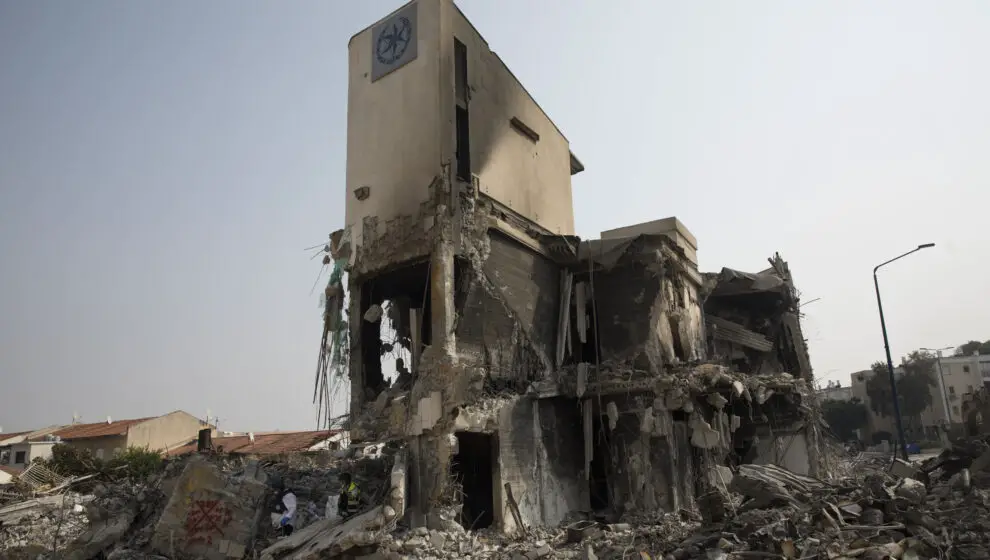In a stunning escalation, the militant group Hamas initiated a large-scale attack on Israel over the weekend, the deadliest incursion into the country in decades. The assault has now claimed over 1,000 lives and inflamed tensions throughout the region.
Key Details
- Early Saturday, Hamas launched a surprise attack on Israel, firing thousands of rockets at cities and sending hundreds of fighters across the Gaza border.
- Militants occupied towns in southern Israel, killing soldiers and civilians while allegedly taking others hostage, including a reported number of American citizens.
- Israel retaliated with heavy airstrikes on Gaza and a buildup of ground forces near the border. The Palestinian death toll in Gaza has climbed past 400.
- Iran-backed Hezbollah voiced support for Hamas, while Saudi Arabia and other Arab nations condemned the attacks. The escalating crisis jeopardizes normalization efforts between Israel and Arab states.
Why It Matters
This is the most serious incursion into Israel since the 1973 Yom Kippur War and has stunned a nation unprepared for the scale of the assault. Israel’s leaders have pledged a forceful response even as world powers urge de-escalation.
The attack appears aimed at exploiting political divisions in Israel and escalating West Bank violence to reshape the status quo. However, the scale of the operation has led some to question whether Hamas had external support.
For the U.S., the conflict threatens diplomatic progress in the region. Ongoing normalization talks between Israel and Saudi Arabia, a key Biden administration priority, are now endangered. More broadly, the crisis risks further destabilizing the Middle East and disrupting U.S. efforts to counter Iranian aggression.
Israel insists its strikes specifically target Hamas strongholds and weapons sites. However, much of Gaza faces dire humanitarian conditions. After years of worsening hardship in the blockaded territory, Hamas may have misjudged the massive disparity in military strength.
Looking Ahead
The UN Security Council urgently discusses ways to halt the bloodshed and pursue lasting ceasefire talks. However, with tensions high, the violence seems likely to escalate despite appeals for peace.
Much depends on whether Hamas can continue attacks and hold seized ground. For now, Israel appears determined to unleash devastating force on Gaza as it mobilizes its military for a potential ground invasion. Without quick de-escalation, the crisis threatens to unleash turmoil in the region.
